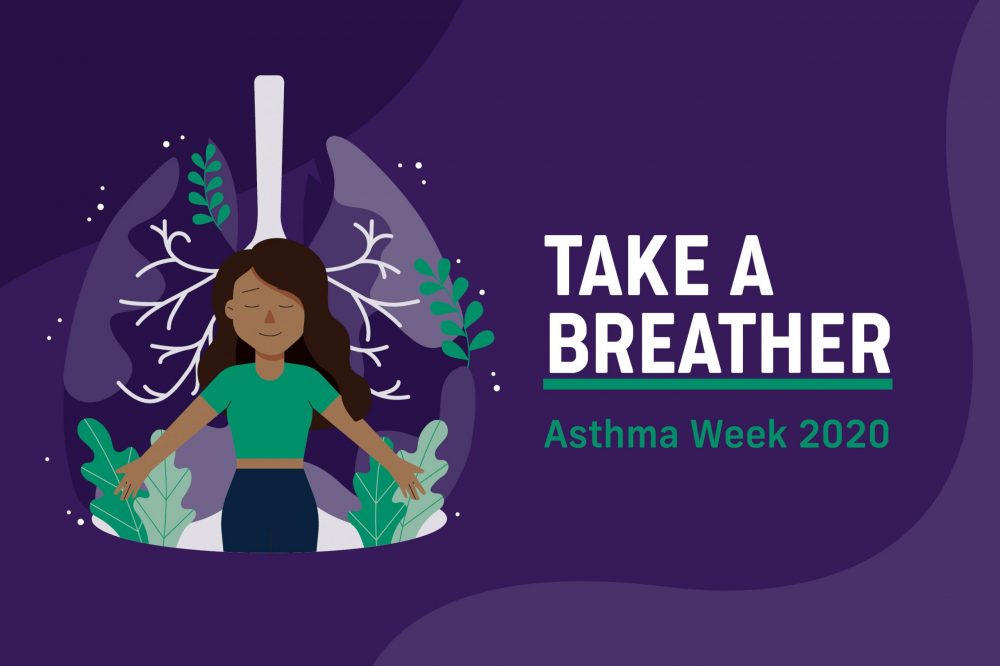What is Asthma
Asthma is a chronic health condition affecting the airways (tubes that carry air in and out of the lungs). People with asthma have airways that are sensitive to certain triggers such as dust, pollen or exercise. These sensitive airways become inflamed and “flare-up” resulting in symptoms such as wheezing, coughing, breathlessness and tightness in the chest. It can feel like you’re trying to breathe through a very thin tube.
Who does it effect
Asthma affects 1 in 9 Australians and is the most common chronic disease in children aged 0-14yrs. In 2017-2018 it caused 38,792 Australians to be hospitalized. Of these admissions, approximately 80% were preventable.
There is no cure for asthma, but with the correct management most sufferers can lead a normal life and be unaffected by symptoms.
We can look to many famous people for proof that asthma does not need to hold you back. For example, highly successful athletes such as David Beckham, Samantha Riley and Cathy Freeman all have asthma. Famous musicians such as Pink, Eminem, Billy Joel and Liza Minnelli didn’t let it stop them from achieving great success as well-known singers, songwriters and performers.
Management
So, what can you do to manage your asthma, or help your child manage his/hers?
- Stay healthy – eat a healthy balanced diet, exercise, don’t smoke (or get help to Quit) and maintain a healthy weight. Also have the annual flu-vaccine and pneumococcal vaccine.
- Monitor your symptoms – you should have symptoms no more than 2 days a week, need your reliever medication less than 2 days a week, be able to perform your usual activities and be symptom free during the night and first thing in the morning.
- Know your asthma score. Asthma Australia has devised an asthma control test that is really useful in working out your level of asthma control.
- Know your triggers.
- Understand your medication and how to use your devices correctly. Make sure you remember to take your medications as prescribed.
- Know asthma first aid and how to manage asthma in an emergency.
- Every person with asthma needs to have an asthma action plan and have it reviewed regularly – For adults that means at least annually and children at least twice a year. In certain circumstances your GP may advise more frequent reviews.
- See an Asthma Educator – As a Nurse Practitioner and Asthma Educator I can provide you with knowledge and resources needed to successfully control your asthma.
Some extra online resources
https://www.asthmaaustralia.org.au/
https://www.nationalasthma.org.au/
This article has been written by Nurse Practitioner and Asthma Educator Jemma Mustey

